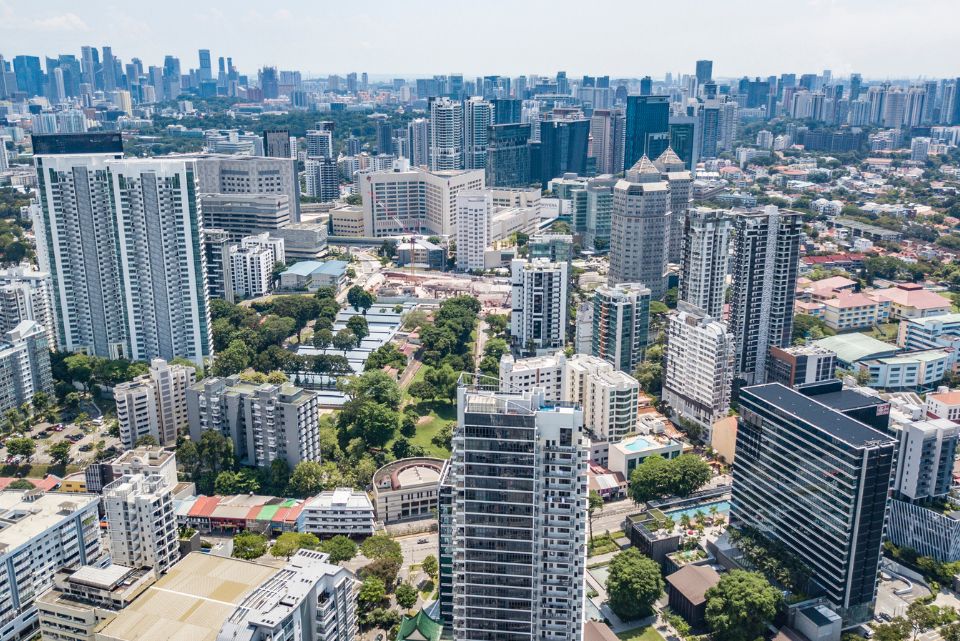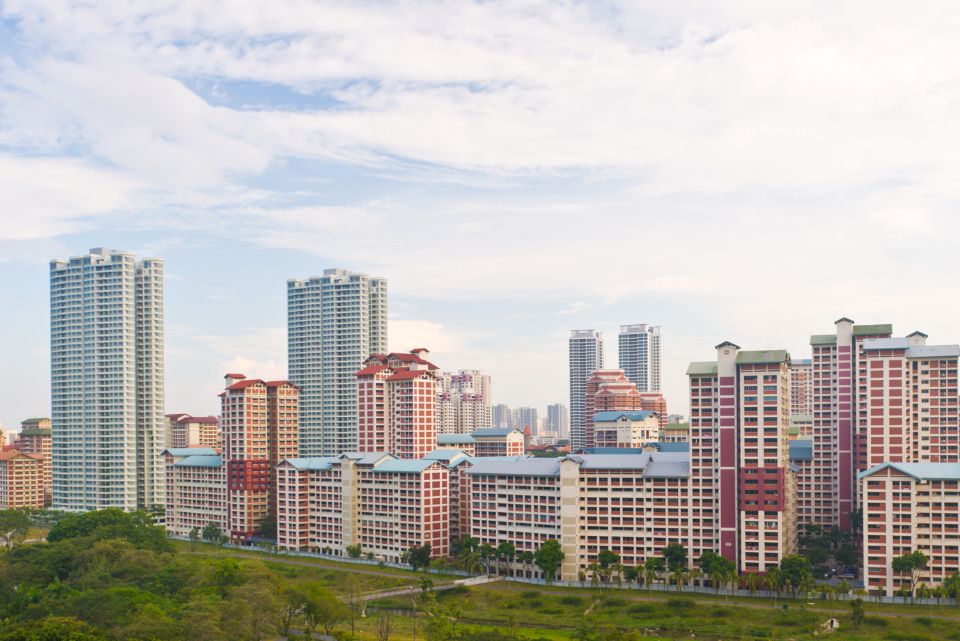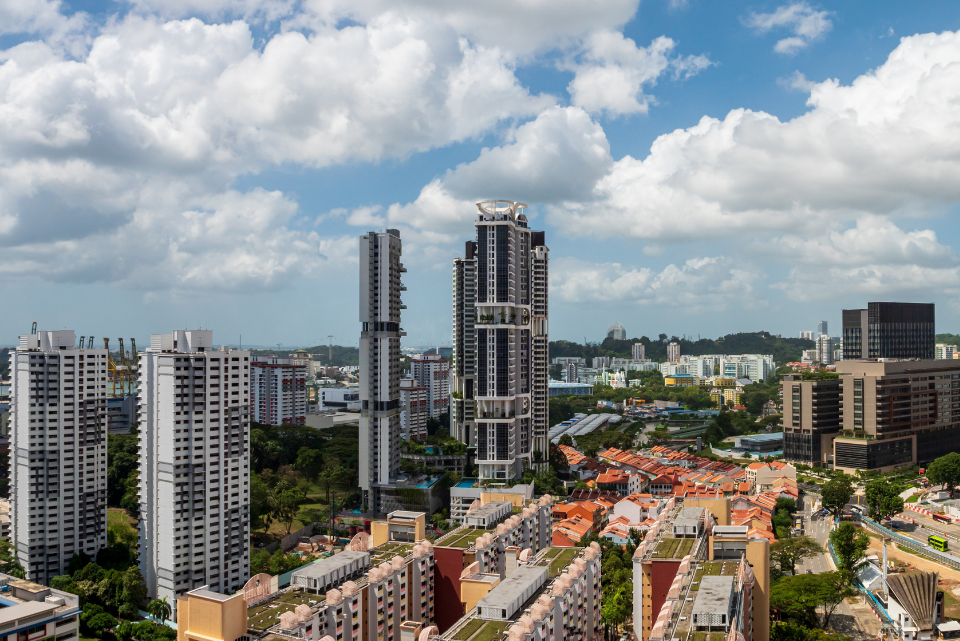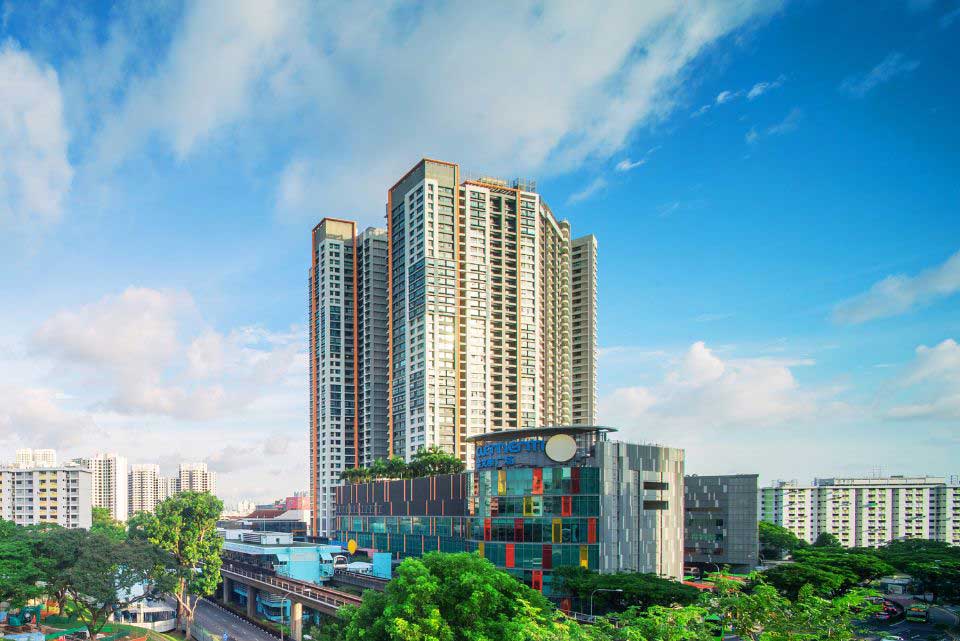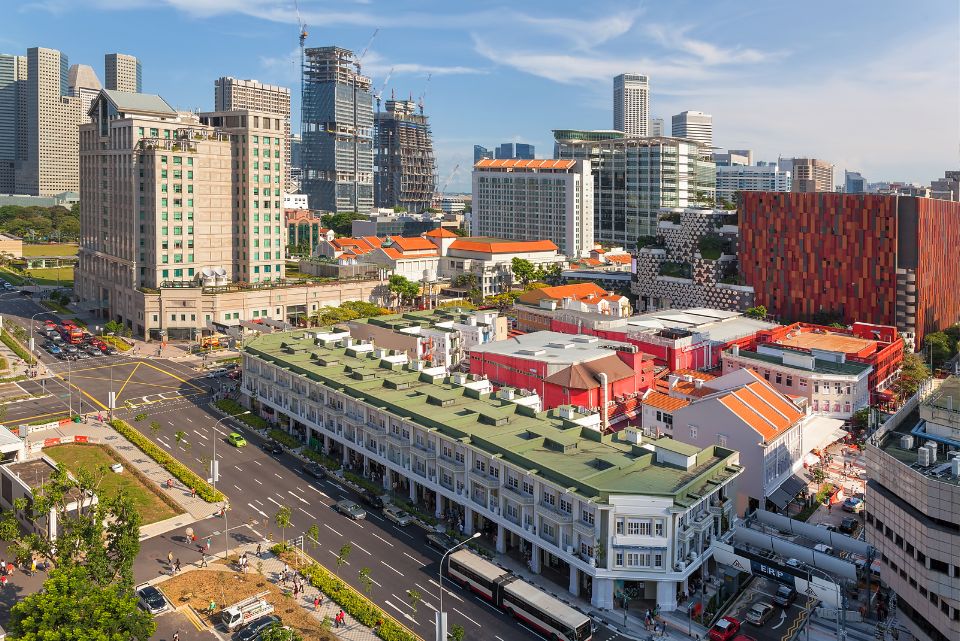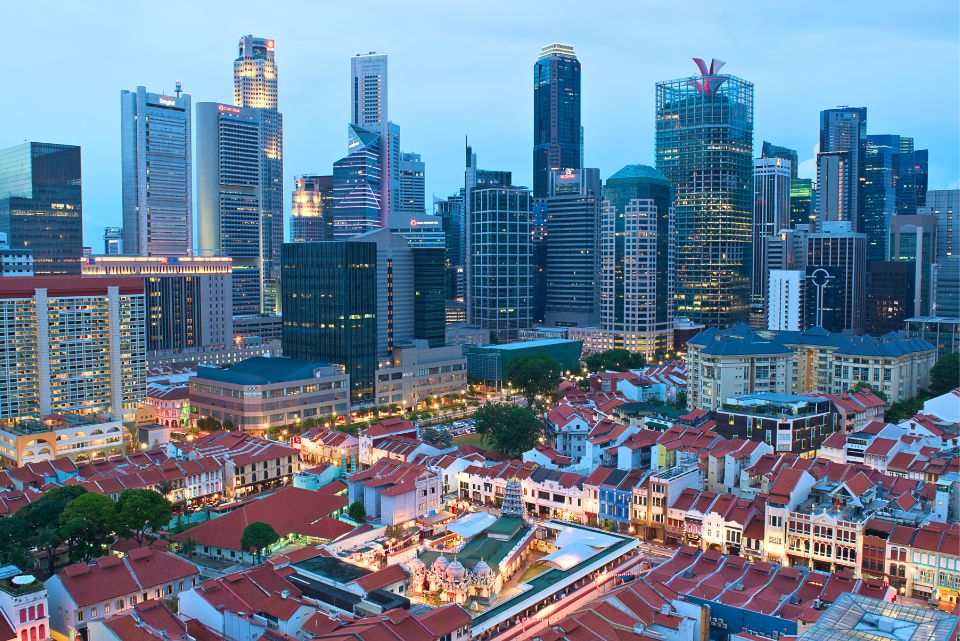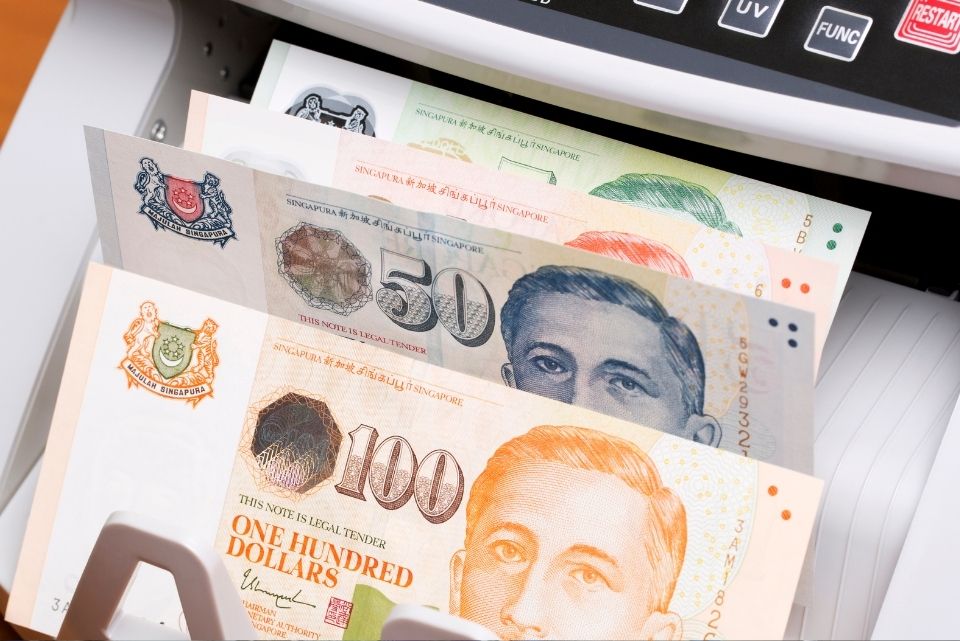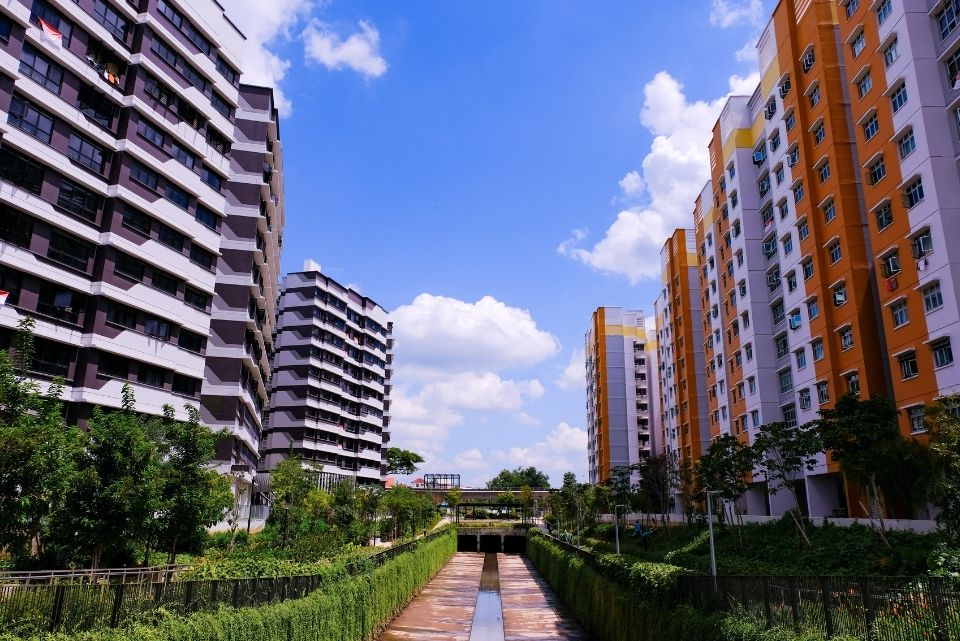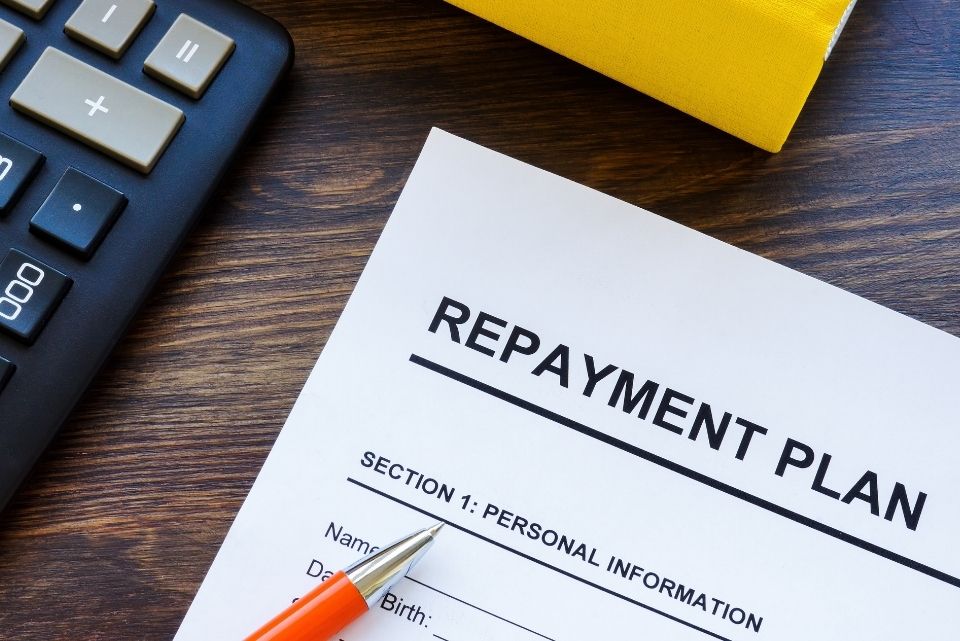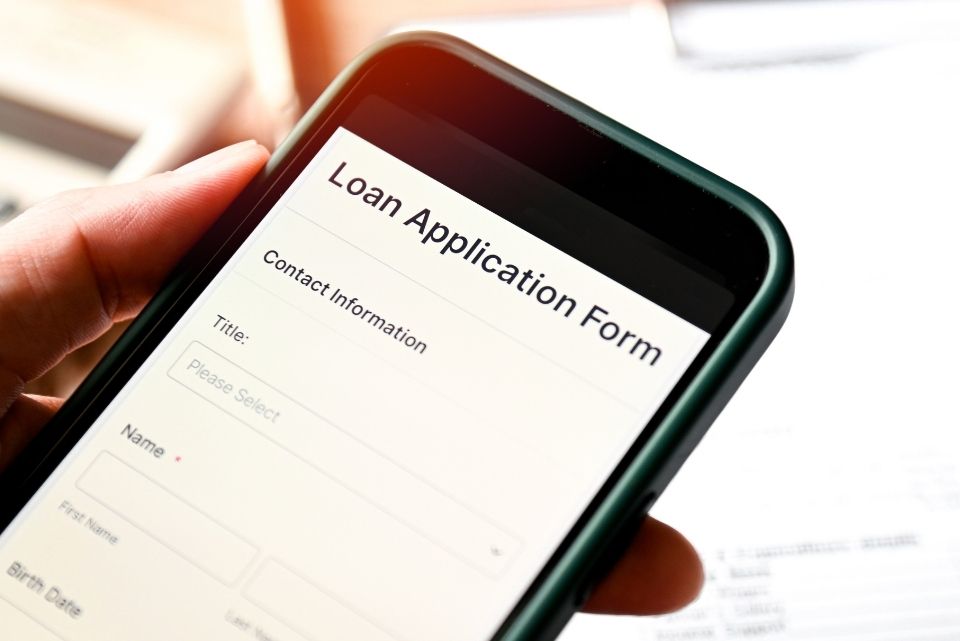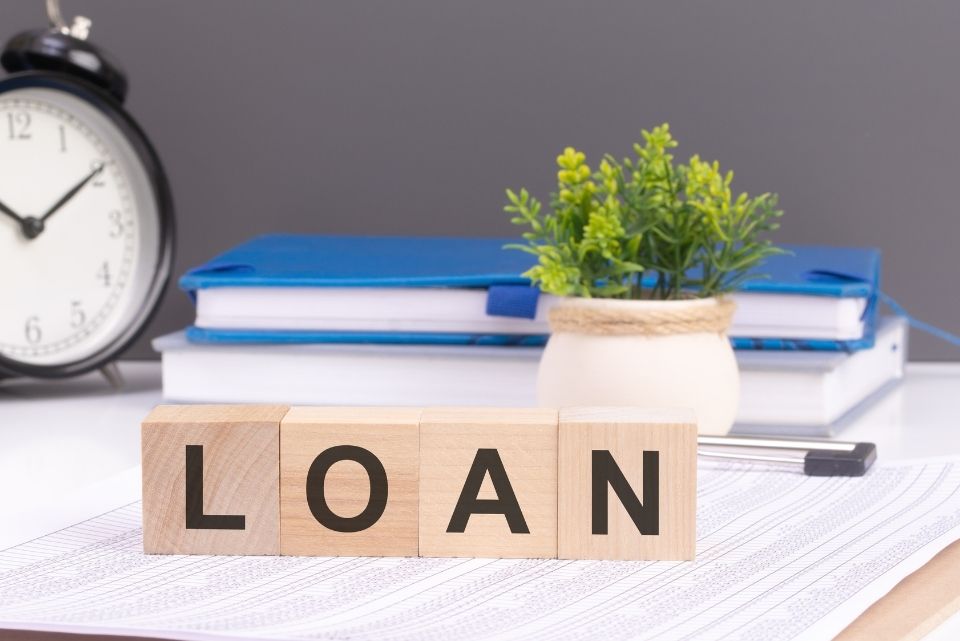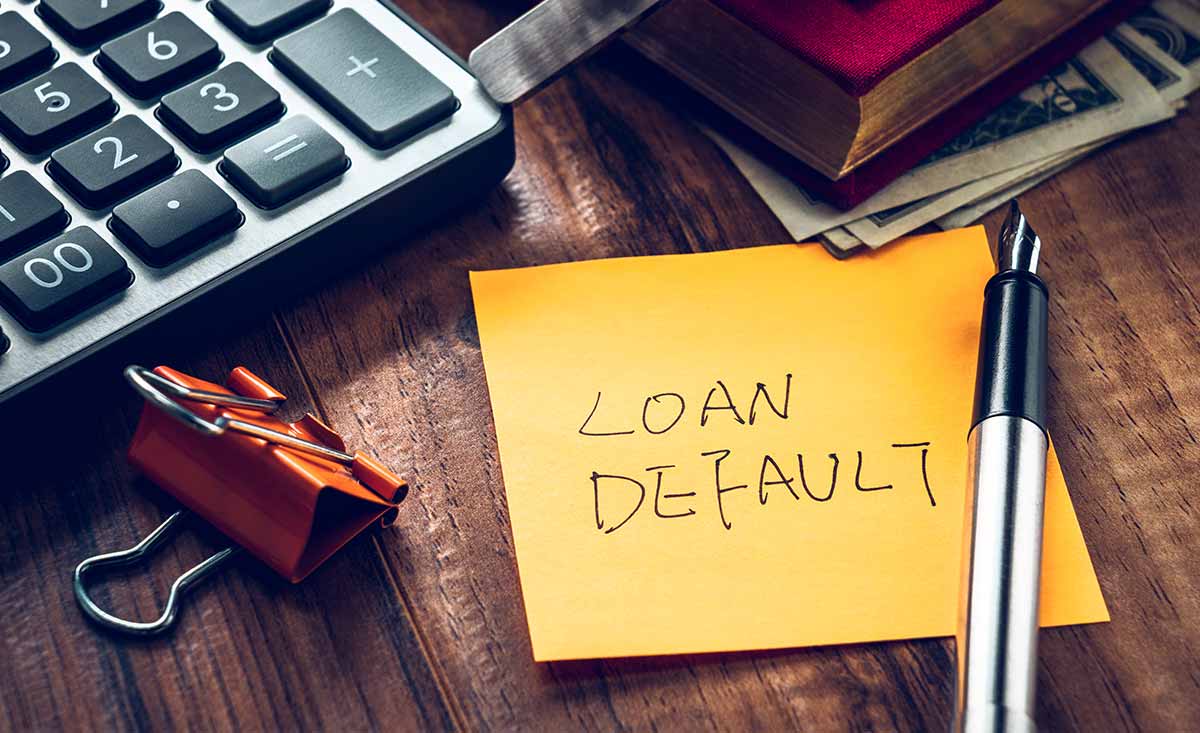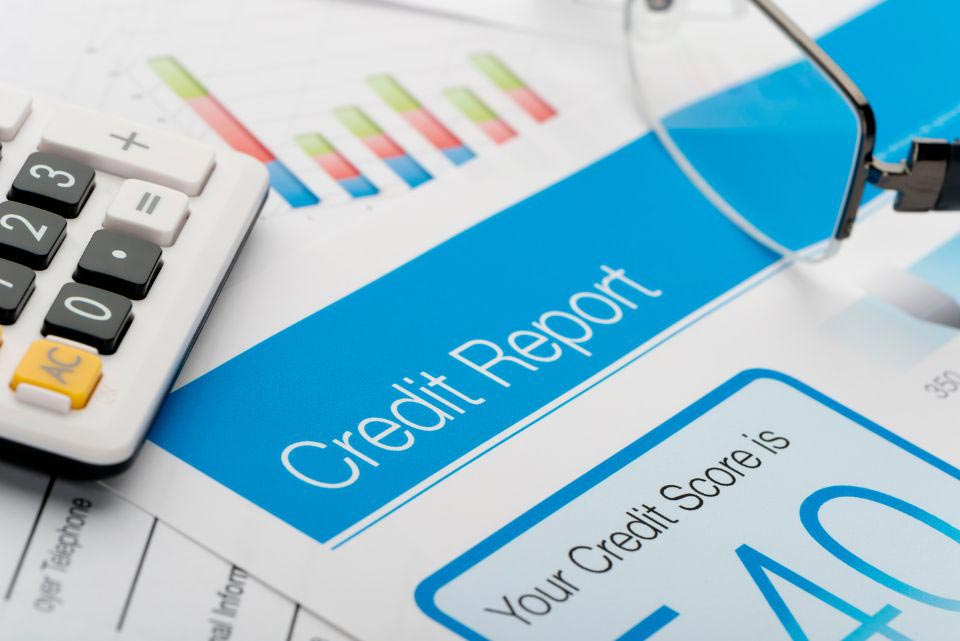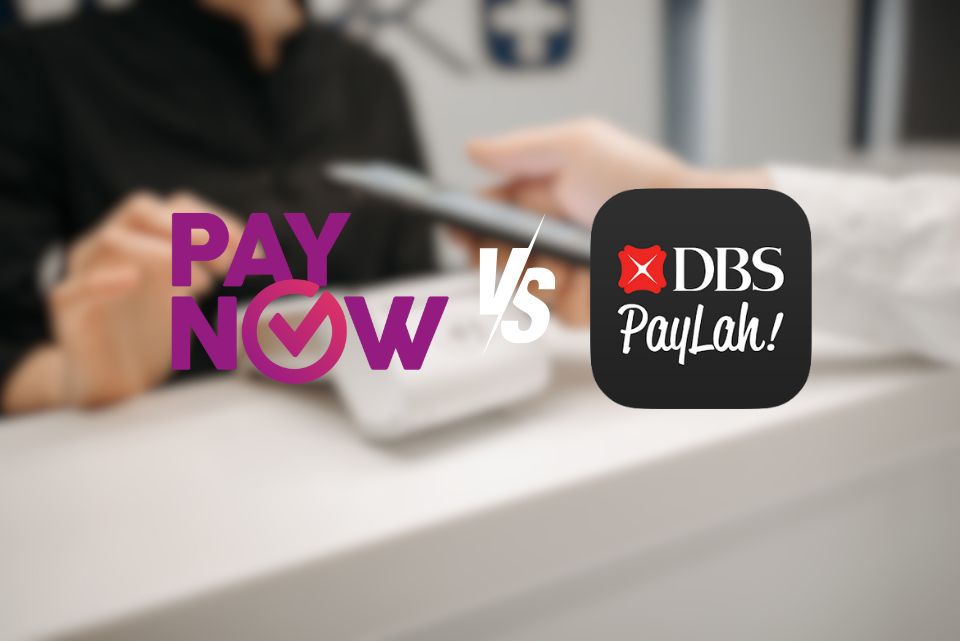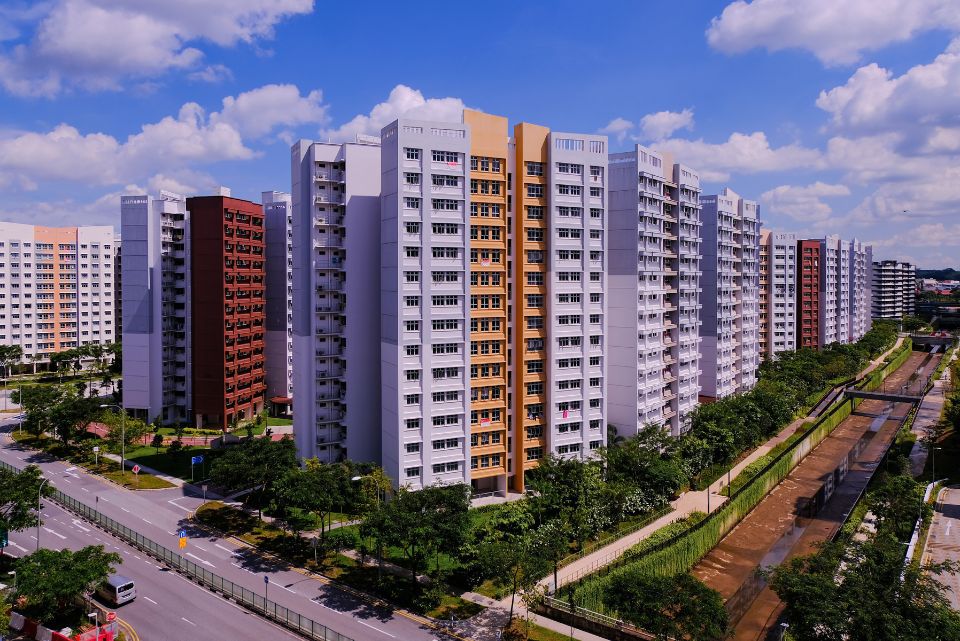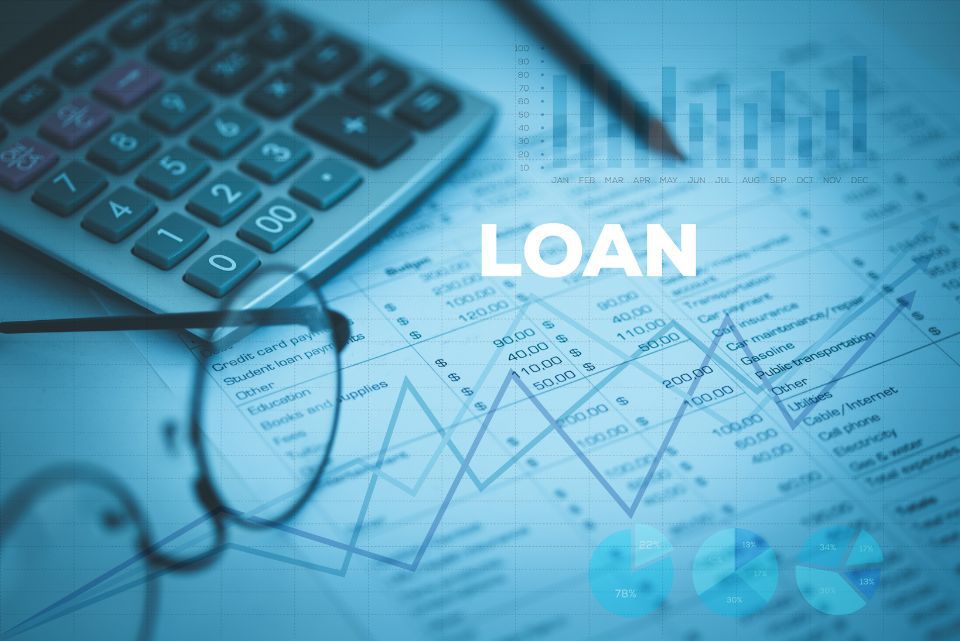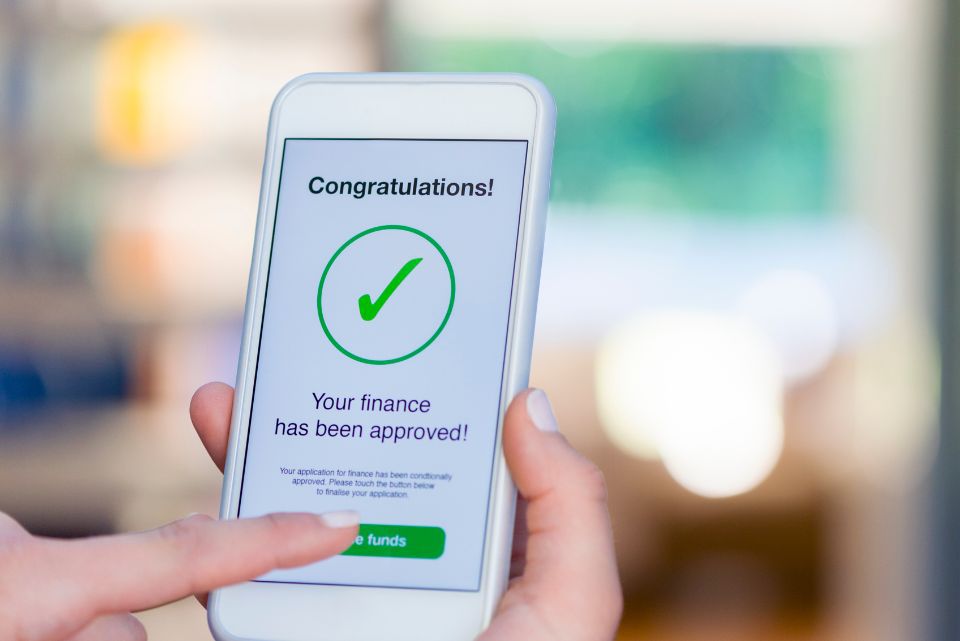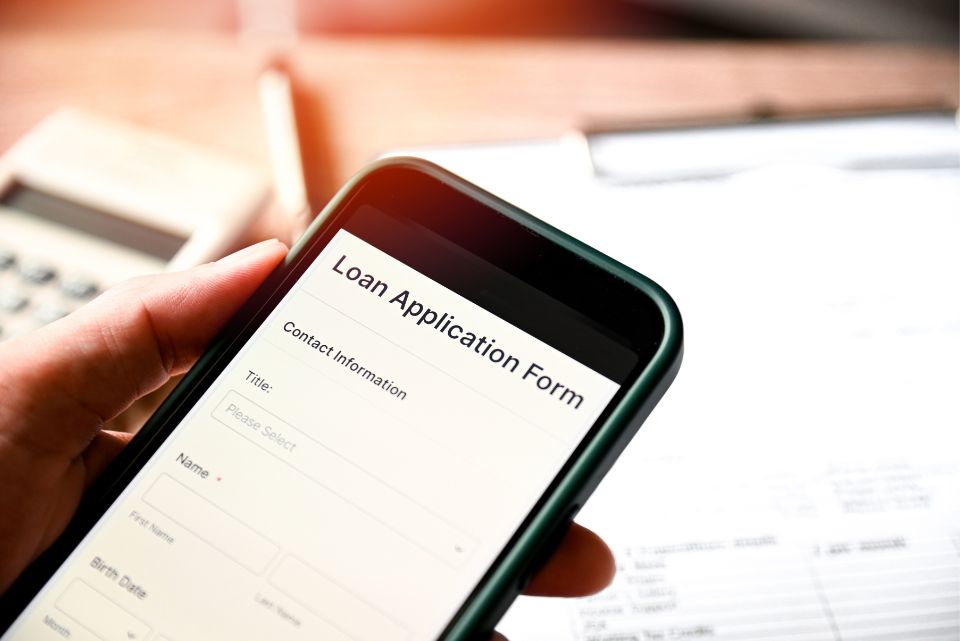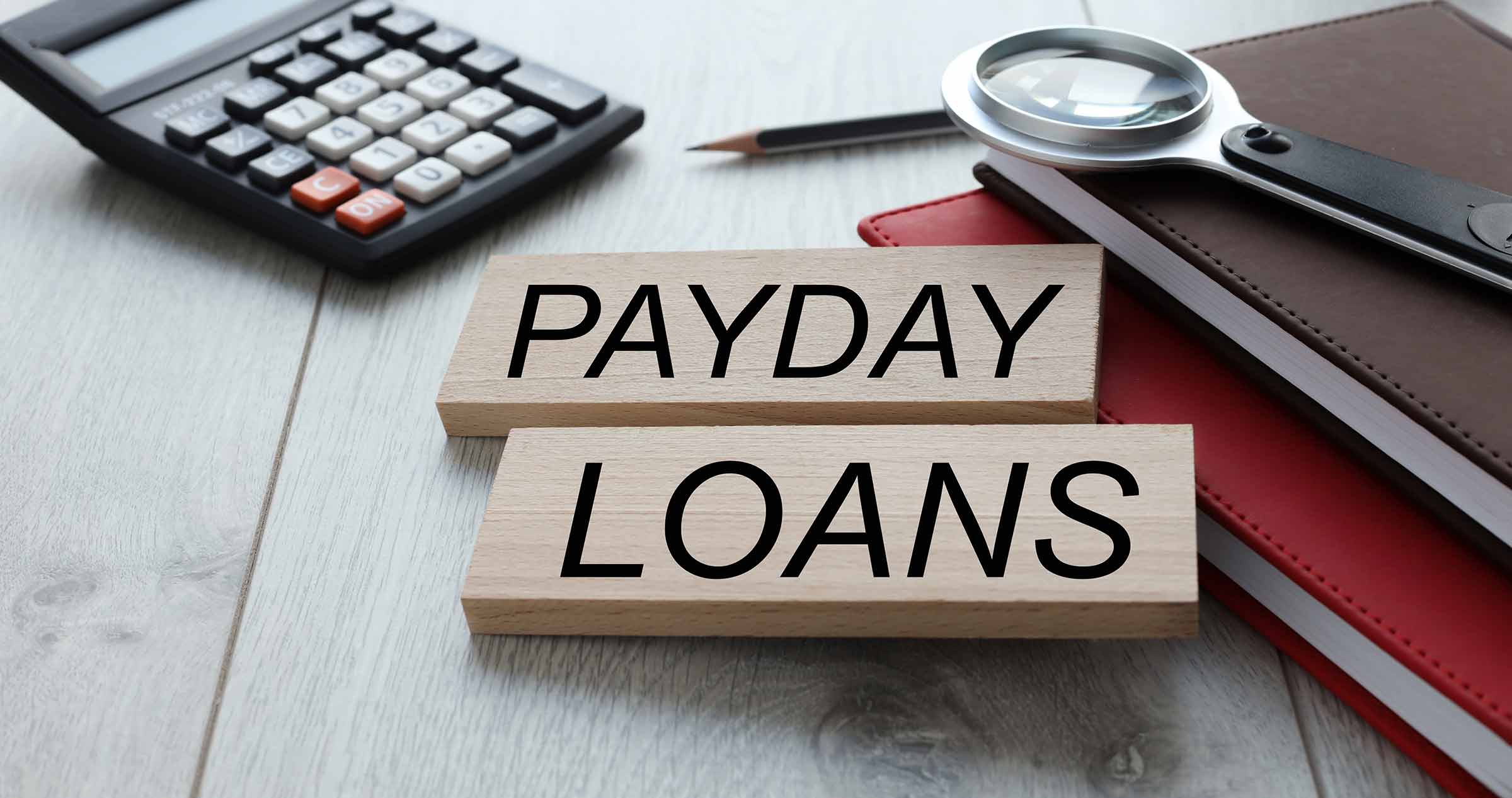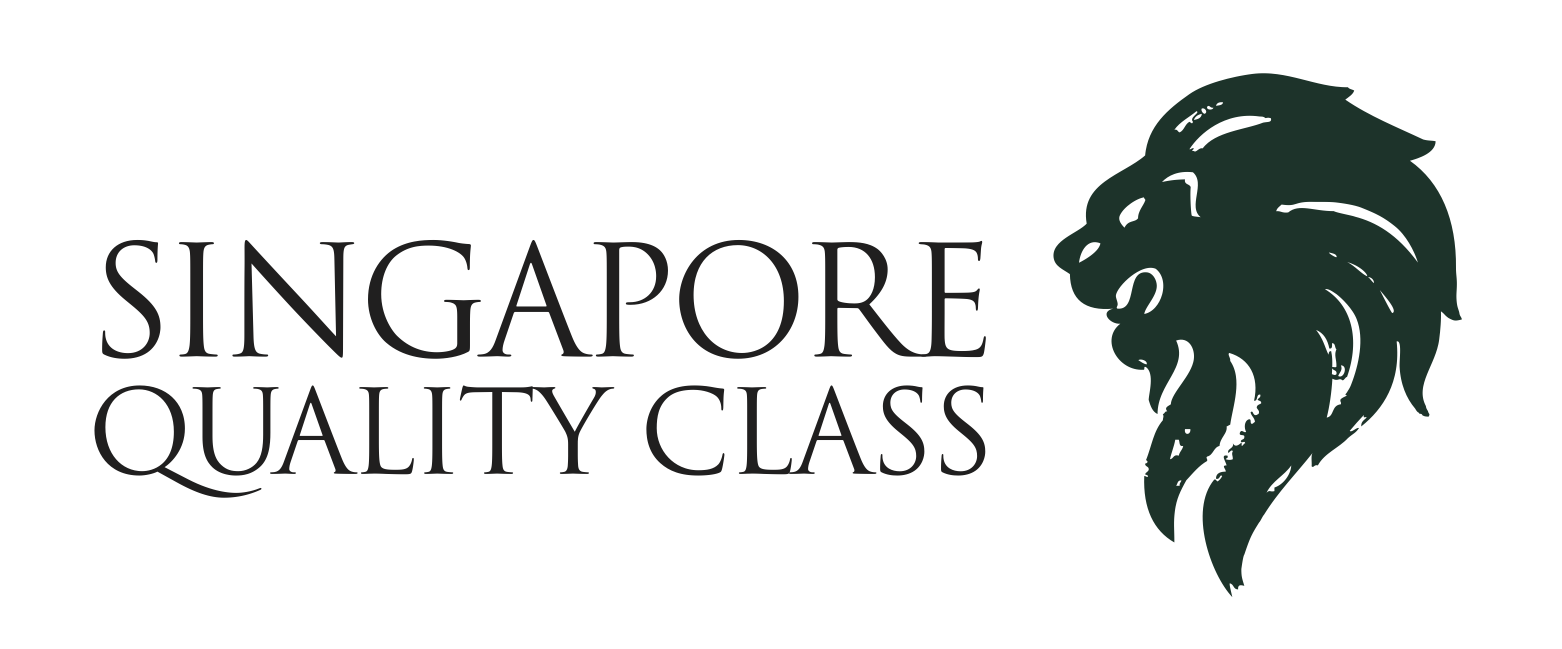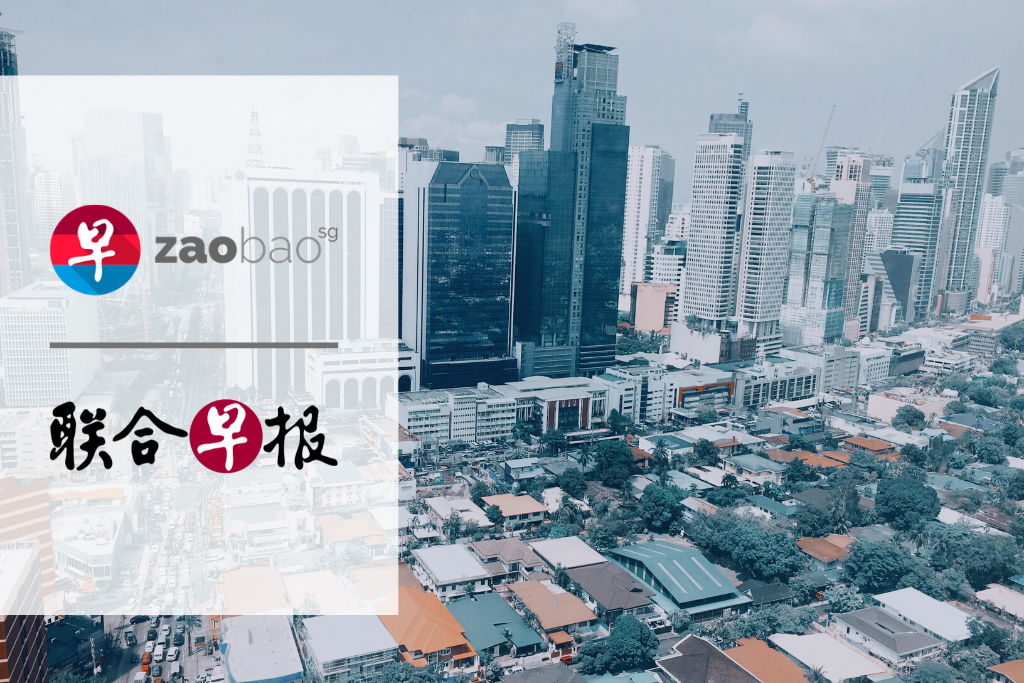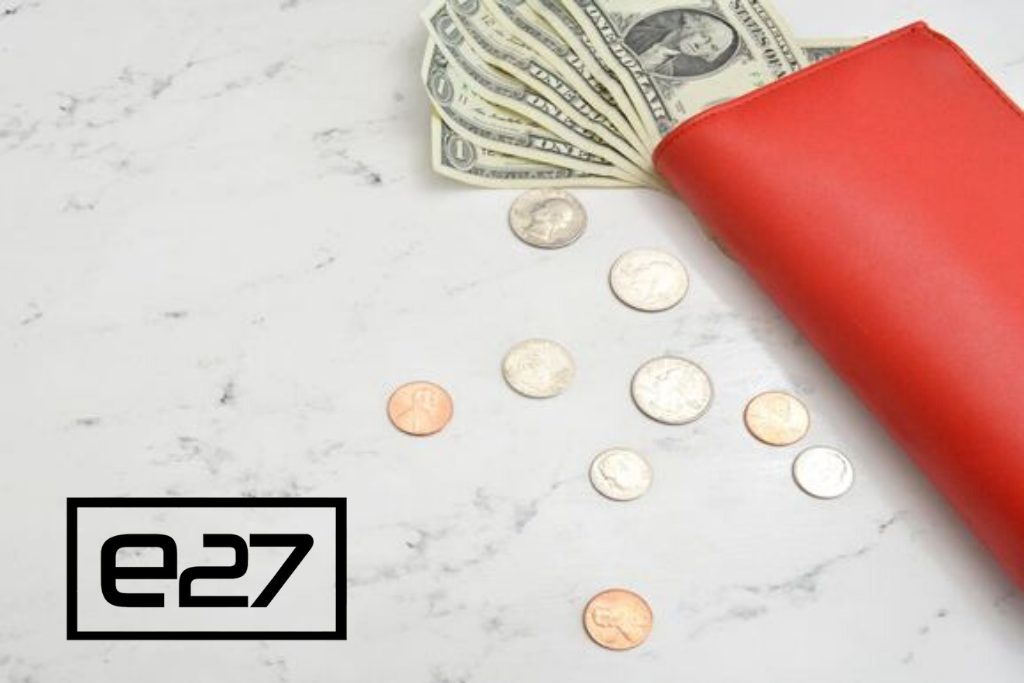
Personal loans can seem like a mystery. What are they? When should you take them? How do you go about applying for personal loans in Singapore?
A personal loan is a lump sum of money borrowed from a bank or licensed money lender, which you have to pay back in instalments (fixed payments) over a set time frame.
Most of us would probably require a personal loan at some point in our lives. And there’s no shame in needing a little more money every now and then.
Confused as to where to start? Wondering what you should consider when applying for a personal loan in Singapore?
Here’s all you need to know to make an informed decision when taking out a personal loan in Singapore.
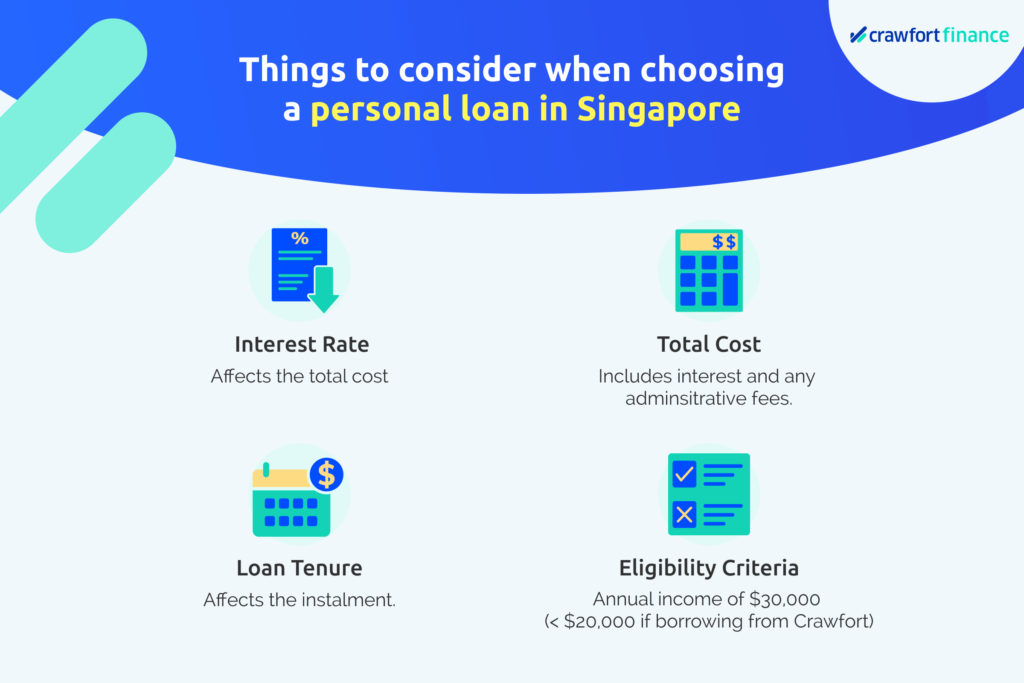
When Would You Need A Personal Loan?
There are many reasons why you might need a personal loan. A personal loan in Singapore might be negatively associated with loan sharks and vices, but there’s more that you can do with it.
Learn more on what you might have gotten wrong about personal loans in Singapore.
For Your Wedding, Education, Or Vacation

Some people take out personal loans to fund for their wedding, education, or even for a vacation. Often, people lack the lump sum to pay for their wedding or education upfront.
That’s not surprising — course fees and wedding down payments in Singapore can be costly.
A timely personal loan in Singapore can give you that dream wedding, enable you to pursue your ambitions, or let you go for that once-in-a-lifetime luxurious cruise you’ve always dreamt about.
For Your Credit Card Bills
You may also take out personal loans to pay off your credit card bills. As most loans have fixed interest rates and repayment periods, it’s a fixed debt.
This might make it easier to pay off than credit card debts, which is a form of revolving debt. While this means that you can use as much as you want with a credit card, you will have to pay off the entire balance at the end of the month.
If you don’t, you’ll incur interest on the balance, which will roll over to next month’s bill. If it keeps rolling over to subsequent months, the outstanding amount can be more than what you can afford.
In this case, a personal loan can come in handy to pay off your credit card debt.
For Emergencies
If something unfortunate happens, such as a medical emergency, a personal loan can be crucial to tide you over the difficult times. It can give you peace of mind to focus on recovery.
These are some valid reasons to take out a personal loan in Singapore. It can alleviate your burdens by lending you that much-needed funds in your moment of need.
How Do You Choose The Right Personal Loan In Singapore?
With so many personal loans offered in Singapore, it might seem hard to choose the right one for your needs. Unsure which one is the best fit? All you need to consider is these 4 factors.
1. Interest Rate
Essentially, the interest rate is the number used to calculate the interest you need to pay based on the loan amount.
To illustrate this, let’s say you’re taking a loan with an interest rate of 5% per annum. For example, if you’re taking out a S$4,000 loan, the interest to be paid will be S$200 per year.
In general, the interest rate affects the total cost you’ll have to pay for the loan. And if you’re borrowing for a longer period of time, you’ll need to pay more interest, and hence a higher total cost.
Keep in mind that if you’re planning to take out a personal loan from a licensed money lender in Singapore, ensure that the interest rate doesn’t exceed 4% per month. If you encounter one that charges more than that, chances are you’re dealing with an unlicensed money lender.
So it’s important to shop around for the best rates before you apply for one. At Crawfort, our interest rate starts from 1.8% per annum.
2. Total Cost
The total cost of the personal loan includes the principal amount you are borrowing, the amount of interest, and any administrative fees.
Ensure that the total amount is within your capacity! Be sure to calculate the interest of the personal loans beforehand to find the total cost.
And remember to also take late fees into account — just in case you do have a late payment due to unforeseen circumstances.
If you’re planning to borrow from a licensed money lender, do ensure that the late fee does not exceed S$60 per month, and 4% per month for the late interest.
3. Loan Tenure
Loan tenure refers to the amount of time you’re given to repay a loan. It affects the instalment amount, interest, and total cost.
It’s good to make sure that you can comfortably meet your loan tenure. The frequency of repayment depends on the contract — at Crawfort, it can be weekly, every 2 weeks, or even monthly. Regardless, make sure that you can meet the due dates!
If you fail to repay on time, you’ll incur late fees. Your payments might also snowball, which is not a good sign.
People sometimes take out a new loan to pay off the payments of an old loan. Be mindful if you’re considering to do this as it can lead to an endless, vicious cycle of debts. Avoid making the same mistake!
How Does Loan Tenure Affect The Total Cost You’ll Be Paying?
The longer you borrow, the more interest you’ll need to pay, and hence the higher will be the total cost.
In general, banks offer personal loans with longer loan tenures, with a minimum of at least 1 year. On the other hand, licensed money lenders such as Crawfort offer shorter and flexible loan tenures.
4. Eligibility Criteria
This might seem obvious, but eligibility is the most important factor of all. Remember to check if you can even take out a specific personal loan in Singapore!
In general, you’ll need to be at least 21 years old to qualify for a personal loan in Singapore.
Most banks also require you to have an annual income of at least S$30,000 to take out a personal loan.
This can be restrictive for people who don’t meet this criterion. Are there any other alternatives for personal loans in Singapore then?
If banks do turn you away, don’t worry. There are licensed money lenders with less stringent criteria.
At Crawfort, we provide personal loans even if your annual income is less than S$30,000. You can still borrow up to S$3,000 if you earn less than S$20,000 per annum.
Here’s a breakdown of the maximum amount you can borrow based on your annual income:
| Annual income | Maximum loan amount |
| Less than S$20,000 | S$3,000 |
| S$20,000 and above | 6 times of your monthly income |
Ultimately, personal loans are useful if you need some extra cash. Just keep in mind these 4 factors when applying for a personal loan in Singapore! Also, remember that non-bank lenders such as licensed money lenders are always an option if you need fast cash.
Ready to apply for a personal loan? Apply now with Crawfort.




